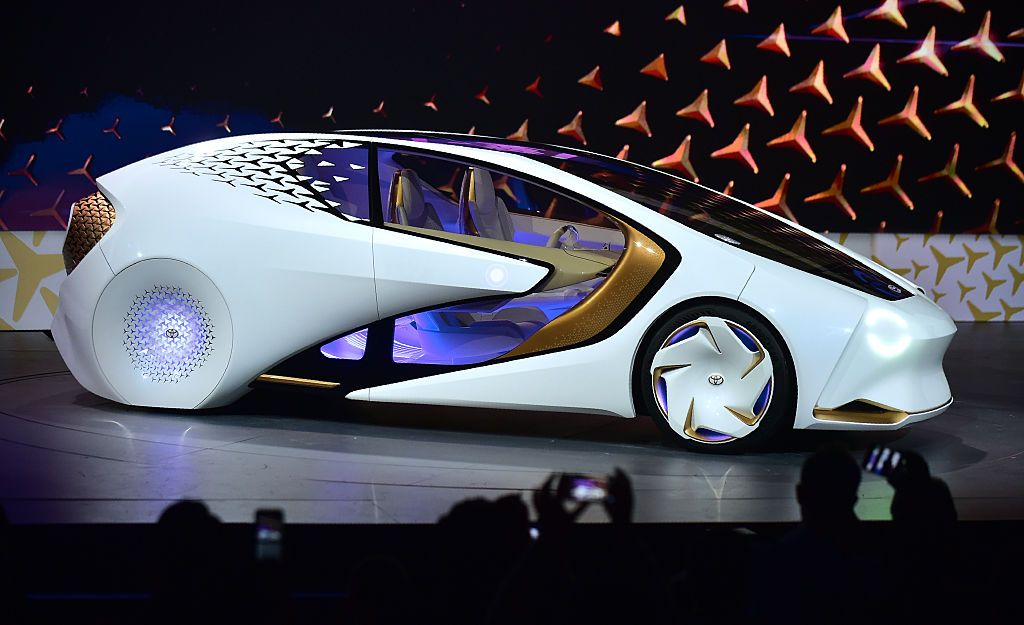General Motors took over the German automobile builder Opel around 1930. In 1937, GM established a design studio at Opel, part of the staff (Strother MacMinn, John Coleman and George Jergenson, led by Franklin Q. Hershey) coming from Harley Earl's Detroit Art & Colour group. Their first effort was the 1939 Opel Kapitän.
The Opel Admiral, subject of this post, was announced for 1937. According to its Wikipedia entry, only a few were built that year: the main production run was in 1938 and 1939.
Since development of the Admiral took place before Hershey's team arrived, it is difficult for me to associate its design to a stylist. However, it seems highly likely that Hans Mersheimer was involved.
The Admiral's styling interests me because of its odd collection of borrowings. The images below are mostly from the time the cars were in production, and their quality is mediocre.
Here is a factory photo of the Opel Admiral. The front end ensemble might have been inspired by some cars pictured farther down. An advanced feature is the almost-hidden running board.
Two-piece, V'd windshields had been around for a few years, but the Admiral's has some of the feeling of 1940 American versions. That is mostly due to its relationship to the comparatively flat (for its time) all-steel top.
The S-curve where the passenger compartment profile transitions to the trunk area strikes me as being unusual for a four-door sedan of its era. Contemporary American cars with similar shaping were usually two-door coupes. Perhaps a sharp-eyed reader can remind us of any late-1930s four-door cars with a similar treatment.
This is a post- World War 2 photo showing the Admiral's rear design.
This seems to be a photo of either a prototype Admiral or perhaps a very early production car. The bumper lacks guards and the hood side venting trim differs from cars in the previous images. Note that the Opel lettering on the hubcaps have been carefully aligned to the horizontal for what seems to be a publicity shot.
1935-38 Volvo PV36 "Carioca"
The 1937-vintage Admiral's frontal design looks like it might have been inspired by this Volvo that must have been known to Opel body designers such as Mersheimer.
1935 Chrysler Airflow
The initial facelift of the 1934 Chrysler Airflow featuring a more prominent grille. The Volvo PV36 was probably inspired by the '34 Airflow.
1934 Hupmobile
The headlight treatment (blending the lights into the hood) is similar to the Admiral's, and it is likely that its designers were aware of Hupp styling.
General Motors took over the German automobile builder Opel around 1930. In 1937, GM established a design studio at Opel, part of the staff (Strother MacMinn, John Coleman and George Jergenson, led by Franklin Q. Hershey) coming from Harley Earl's Detroit Art & Colour group. Their first effort was the 1939 Opel Kapitän.
The Opel Admiral, subject of this post, was announced for 1937. According to its Wikipedia entry, only a few were built that year: the main production run was in 1938 and 1939.
Since development of the Admiral took place before Hershey's team arrived, it is difficult for me to associate its design to a stylist. However, it seems highly likely that Hans Mersheimer was involved.
The Admiral's styling interests me because of its odd collection of borrowings. The images below are mostly from the time the cars were in production, and their quality is mediocre.
Here is a factory photo of the Opel Admiral. The front end ensemble might have been inspired by some cars pictured farther down. An advanced feature is the almost-hidden running board.
Two-piece, V'd windshields had been around for a few years, but the Admiral's has some of the feeling of 1940 American versions. That is mostly due to its relationship to the comparatively flat (for its time) all-steel top.
The S-curve where the passenger compartment profile transitions to the trunk area strikes me as being unusual for a four-door sedan of its era. Contemporary American cars with similar shaping were usually two-door coupes. Perhaps a sharp-eyed reader can remind us of any late-1930s four-door cars with a similar treatment.
This is a post- World War 2 photo showing the Admiral's rear design.
This seems to be a photo of either a prototype Admiral or perhaps a very early production car. The bumper lacks guards and the hood side venting trim differs from cars in the previous images. Note that the Opel lettering on the hubcaps have been carefully aligned to the horizontal for what seems to be a publicity shot.
1935-38 Volvo PV36 "Carioca"
The 1937-vintage Admiral's frontal design looks like it might have been inspired by this Volvo that must have been known to Opel body designers such as Mersheimer.
1935 Chrysler Airflow
The initial facelift of the 1934 Chrysler Airflow featuring a more prominent grille. The Volvo PV36 was probably inspired by the '34 Airflow.
1934 Hupmobile
The headlight treatment (blending the lights into the hood) is similar to the Admiral's, and it is likely that its designers were aware of Hupp styling.



















EmoticonEmoticon